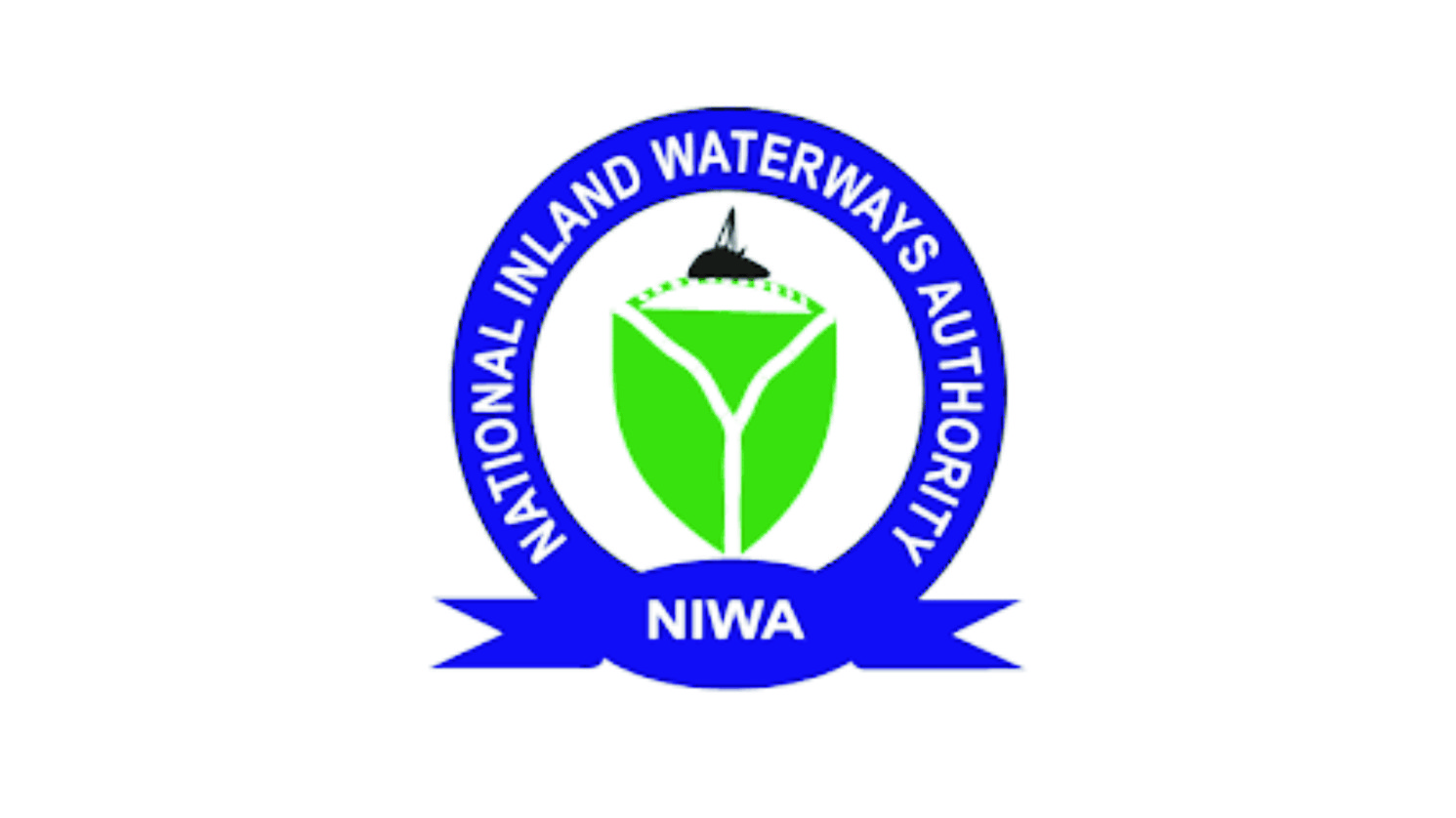Business
Five Multinationals Exit Nigeria In 10 Months
An analysis of separate notices filed by five multinational firms has shown that the five multinationals have winded down operations in Nigeria in the last 10 months.
On Wednesday, Consumer goods giant, Procter & Gambles, disclosed that it would dissolve on-ground operations in the country.
Chief Financial Officer of the group, Andre Schulten, stated this during his presentation at the Morgan Stanley Global Consumer and Retail Conference.
The company said it was difficult to do business in Nigeria as a dollar-denominated organisation and the macro-economic reality in Nigeria is responsible for its latest strategic decision.
Schulten said, “The other reality that arises in some of these markets is that it gets increasingly difficult to operate and create U.S dollar value.
“So, when you think about places like Nigeria and Argentina, it is difficult for us to operate because of the macro-economic environment.
“So, with that in mind, we are announcing a restructuring programme with the intent to adjust the operating model and adjust the portfolio to ensure that we maintain the portfolio discipline that has brought us to this point.
“The restructuring programme will largely focus on Nigeria and Argentina. We’ve announced that we will turn Nigeria into an import-only market, effectively dissolving our footprint on the ground in Nigeria and reverting to an import-only model”.
The company joins a growing list of multinationals set to exit Nigeria in 2023, following the footsteps of Unilever, which is the first Multinational to announce that it would fold up operations in Nigeria in 2023.
In March, the company had said changes in its business meant it had to exit its home care and skin cleansing categories from Nigeria.
The announcement meant that famous brands such as Omo, Sunlight and Lux, which many Nigerians had become accustomed to, would no longer be on retail shelves.
The company’s decision to end production in Nigeria is connected to increased financial difficulties occasioned by the continued devaluation of the naira, among others.
President of the Manufacturers Association of Nigeria (MAN), Francis Meshioye, told The Tide’s source that some international manufacturing firms had already exited Nigeria as a result of the power crisis, coupled with the unpredictability of the country’s foreign exchange rate before it was recently unified.
He said the N144bn spent on alternative energy sources by manufacturers in 2022 impacted adversely on the operations of his members.
In July, barely a month after Meshioye’s warning, GlaxoSmithKline Consumer Nigeria Plc, the country’s second-biggest drug producer, announced it was halting manufacturing operations in Nigeria.
According to a statement published on the Nigeria Exchange, GSK Plc (Headquartered in the UK), which owns a majority stake in the Nigerian unit, said it will appoint third-party distributors to sell its prescription medicines and vaccines in the country.
GSK’s consumer-health arm, Haleon Plc, also informed GSK Nigeria of its “intent to terminate its distribution agreement in the coming months” and appoint a third-party distributor.
GSK also said it planned “an accelerated cash distribution and return of capital” to minority shareholders.
No reason was given for the company’s exit, though the company had in the past raised concerns about the scarcity of forex which made it difficult to maintain supplies of its pharmaceutical and vaccine products in Nigeria.
Last month, Sanofi, a French pharmaceutical multinational, announced its exit from Nigeria.
The company said it had appointed a third-party distributor to handle its commercial portfolio of medicines from February 2024.
While the company’s Country Manager, Folake Odediran, had described the decision as a strategic move driven by the company’s commitment to continually improve access to medicines, the company’s financials indicated that operating in Nigeria had been a tall order.
Shortly after Sanofi’s announcement, Bolt Food announced that it had made the difficult decision to discontinue its food delivery operations in Nigeria due to business reasons.
According to a statement by the company, the decision was borne out of the need to “streamline its resources and maximise overall efficiency”.
Business
NIMASA Commits To Creating Enabling Environment For Maritime Business

Business
FG Inaugurates Special Committee Against Boat Accident

Business
LASG Arrests Illegal Dredgers … Issues Stop Work Order
-

 News2 days ago
News2 days agoRivers Crisis: INC Warns Against Fubara’s Impeachment
-

 Business2 days ago
Business2 days agoNIMASA Commits To Creating Enabling Environment For Maritime Business
-
Niger Delta2 days ago
Bayelsa Honours Jonathan, Diri, Others … Empowers 2850 Skill Graduands
-

 Nation1 day ago
Nation1 day agoMonarch’s Coronation Excites Aluu People
-
Business2 days ago
Safety Engineers Honour NCAA Boss
-
Opinion1 day ago
NDDC, A Regional Commission?
-

 News2 days ago
News2 days agoFubara Orders Outgoing LG Chairmen To Hand Over To HLGAS
-
Sports2 days ago
NDSS vows commitment To Sports Competition

